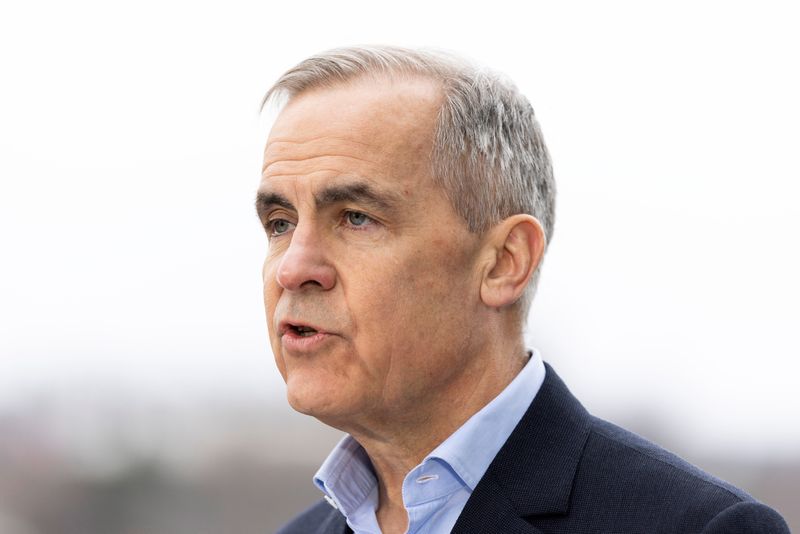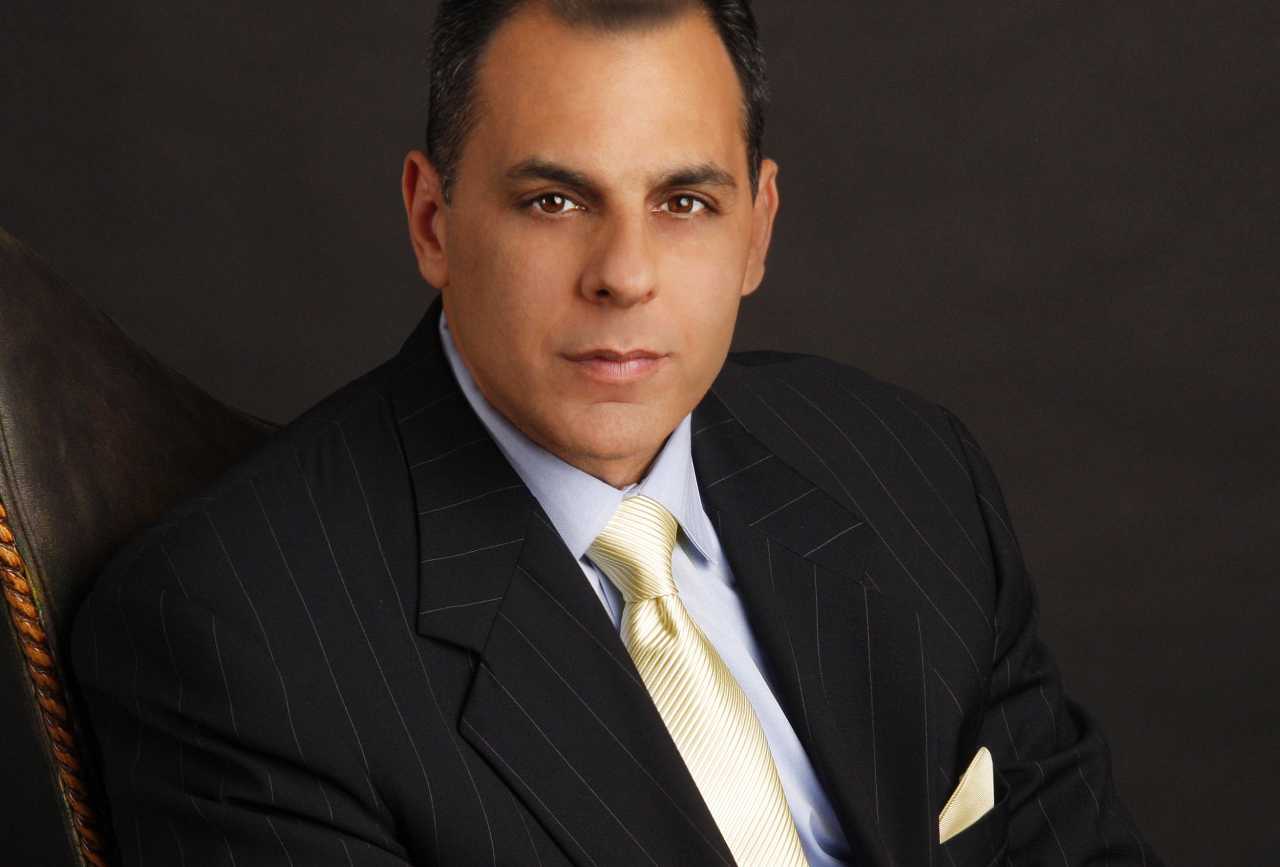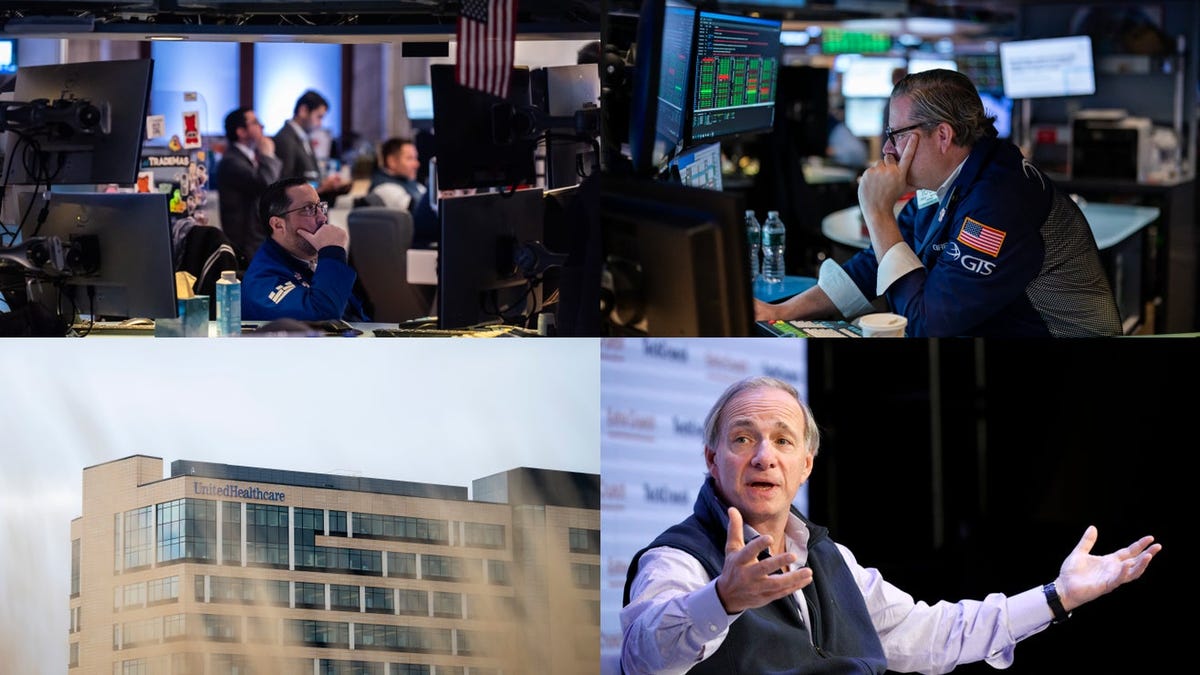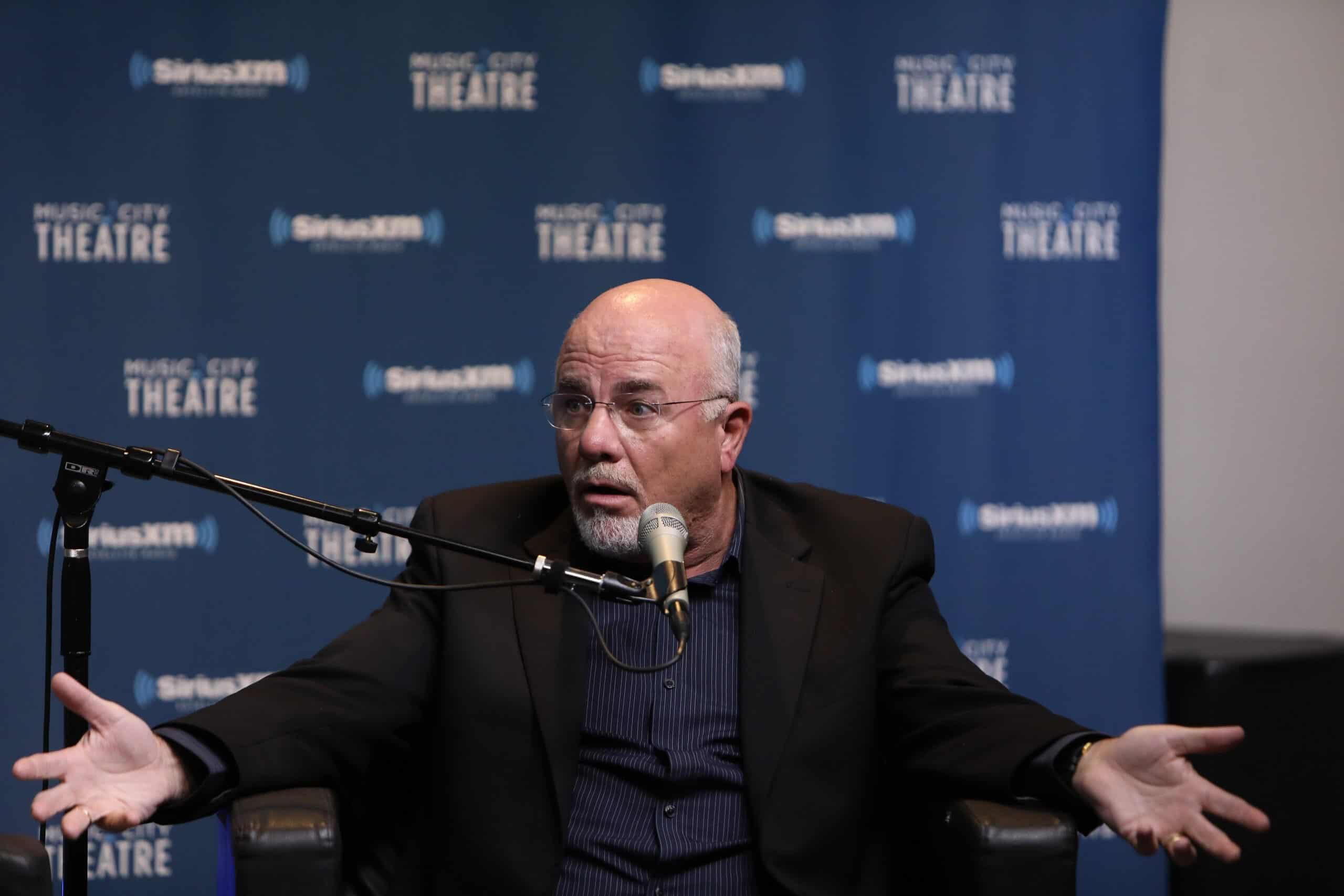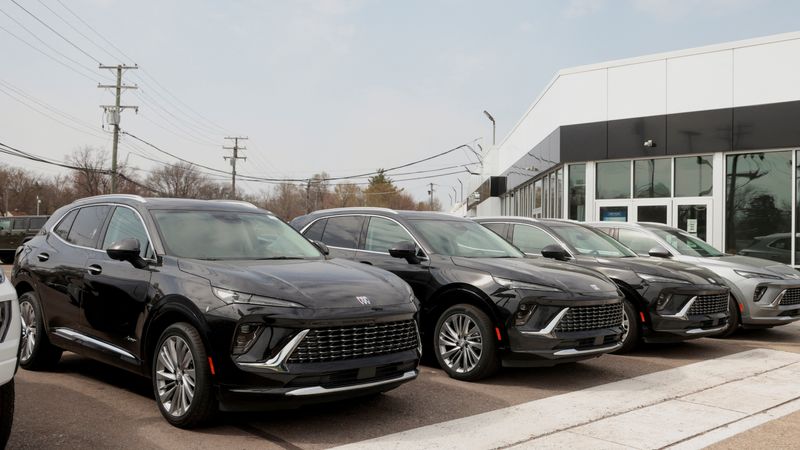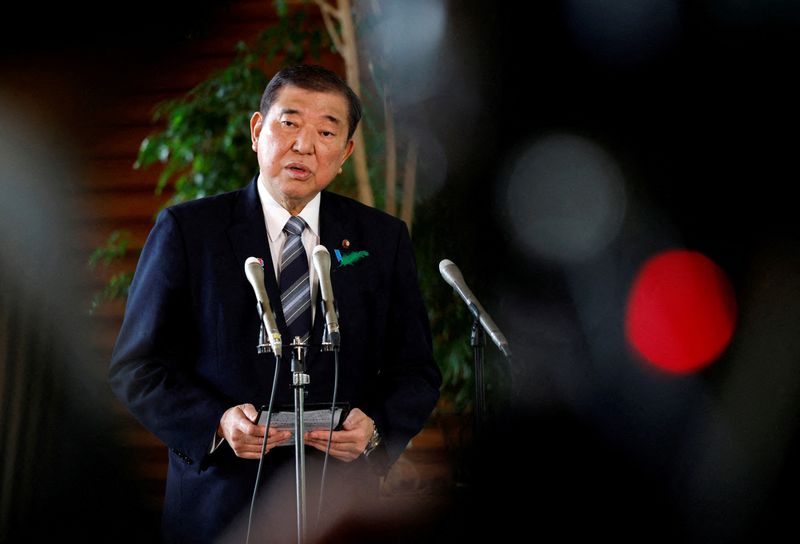Why I Never Want to Retire—And It’s Not About the Money
Last summer, three of my close friends traveled to Illinois to enjoy a girl’s weekend at my house. As we sat on the back patio, sipping cold drinks and talking about our lives, I suddenly realized that all three were happily retired. I’d first met them in junior high, and they somehow remain girls in […] The post Why I Never Want to Retire—And It’s Not About the Money appeared first on 24/7 Wall St..

Last summer, three of my close friends traveled to Illinois to enjoy a girl’s weekend at my house. As we sat on the back patio, sipping cold drinks and talking about our lives, I suddenly realized that all three were happily retired. I’d first met them in junior high, and they somehow remain girls in my mind. I struggled to reconcile that image of them with the retirees sitting before me.
All three love the lives they lead. All decided to retire before they reached full retirement age, and each spends their days pursuing the things that matter to them. And yet, there’s no part of me – no tiny recess of my soul – that longs to join the ranks of the retired. Here’s why.
Key Points
-
There may be mental and physical benefits tied to working past retirement age.
-
4 million Americans are set to retire this year. If you want to join them, click here now to see if you’re behind, or ahead. It only takes a minute. (Sponsor)
-
Retirees offer employers maturity and wisdom earned by having a little more time on this planet.
-
Whether or not to retire is a highly personal decision. The goal is to decide what’s right for you and plan for it.
Use it or lose it
According to the National Institute on Aging (NIH), people with complex jobs have better cognitive function as they age and a lower risk of dementia. Does that mean that never retiring guarantees cognitive health? Not at all. But given the time I spend researching and writing, I hope it contributes to my brain’s neuroplasticity.
Watching my father – one of the brightest, most intellectually curious people I’ve ever known – lose his curiosity to vascular dementia was enough to convince me to stick with the job.
I don’t want to live forever, but …
A recent Netflix documentary of a man who spends his days looking for a way to live forever left me exhausted by his efforts and sad for him. That’s not my dream.
However, I fantasize about being as healthy as possible into my golden years. A Centers for Disease Control and Prevention (CDC) study of 83,000 older adults found that those who work past age 65 were about three times more likely to report being in good health than their friends who’d retired. They were also about half as likely to deal with a serious health issue, like cancer or heart disease.
Another study also impacted my never retire philosophy — this one published in the Journal of Epidemiology and Community Health. Researchers followed roughly 3,000 people for 18 years. Their findings suggest that working just one year beyond retirement age lowers the risk of dying during the following 18-year period by 9% to 11%.
I recognize that it may be a matter of the chicken or the egg. Maybe the study participants who entered their 60s in good health could work longer due to their good health. Or maybe working longer really did enhance their health. I don’t have the answer to that conundrum. However, if there’s even a slight chance that keeping my job will help me maintain my health, I’m willing to take it.
I appreciate the engagement
One of the job’s biggest perks has been getting to know my coworkers. Sure, I have socks in my drawer that are older than some of them, but they’re funny, engaging, and quite often brilliant. I appreciate getting to see the world through their eyes, and I’m continually learning something new from them.
We’ve moved 24 times, and this last move has been the most challenging. Although we live in a town we enjoy, meeting people has been difficult. Working allows me to interact with interesting people and sets each day up for a new surprise. I worry about what would happen if I gave that up.
I’ve worked hard to get here
Unless you’ve hit a certain age, you may not realize how much American culture loves youth. The older a person gets, the less visible they are. Every time I see an anti-aging ad and realize the model is about 14, I’m reminded of how many people want to pretend aging never happens. The dangerous thing about acting as though people stop aging around 30 is how it dismisses the power of experience and wisdom.
I’m a better employee now than I was 20 years ago. I’m curious but not too proud to ask questions. I’ve built tons of professional connections that allow me to find the answers to those questions. I’m calmer and far less likely to get drawn into anyone’s drama. And if I promise to do something, I do it. Why would I leave a career I’ve worked hard for simply because I turned some arbitrary age?
As a personal finance writer, it’s natural that I consider the financial benefits of working after I hit retirement age. They include:
- The ability to ride out bear markets without drawing from our retirement accounts
- Extra cash to pay for unexpected expenses
- More money to do the things my husband and I enjoy
Truth be told, even if there weren’t a single financial benefit associated with my plan to remain on the job, it would still be the right decision for me.
Why I wrote this article
It’s easy to become so focused on when you’re going to retire or how much money you’ll have, that it’s possible to overlook whether you want to retire or not. If you dream of retirement, that’s a beautiful thing and something you should work towards. However, if you’re not quite sure retirement is for you, that’s okay too. Either way, it’s good to have a plan.
The post Why I Never Want to Retire—And It’s Not About the Money appeared first on 24/7 Wall St..




